How to Lose Your Gut in 10 Days Using Science-Backed Hacks
Your step-by-step guide to dropping belly fat and losing your gut in a pinch.

Yeah, we know: A headline like "How to lose your gut in 10 days" screams "bullshit." But, truth be told, it’s actually quite possible to burn belly fat and lose your gut (at least a portion of it) in just a week and a half. Although society will try to convince you that fat burners, hour-long core workouts for shrink-wrapped abs, and insane diets filled with plain chicken and rice without a single healthy carb will be the key to weight loss, there's more to it than that.
While weight loss in general can be simple when you have the right tools, a short-lived emergency shred (not a long-term lifestyle plan) comes down to a few straightforward rules.
So what’s the key to losing your gut and belly fat in just 10 days? Follow these seven rules for a quick shred.
Note: Depending on the circumference of your gut, results will vary.
Related: 5 Rowing Workouts to Get You the Broad, Ripped Physique of a Rower
How to Lose Your Gut and Belly Fat in 10 Days
1. Get Proper Sleep

Exhaustion worsens inflammation in the body, so not getting enough sleep won't help you lose or keep the weight off. In a crossover study published in the Canadian Medical Association Journal, a group of overweight adults were randomly assigned to sleep either 5.5 hours or 8.5 hours each night for 14 days in conjunction with moderate caloric restriction. At the end of the two weeks, participants who slept only 5.5 hours lost 55 percent less body fat and 60 percent more fat-free mass than the participants who slept 8.5 hours.
“Sleep deprivation disrupts your metabolism, seriously sabotaging efforts to maintain an ideal weight,” says Jana Klauer, M.D., an obesity researcher at NYC’s St. Luke’s-Roosevelt Hospital.
Here’s how it works: Fat cells produce a hormone called leptin, which tells the body how much potential energy it has stored. Since leptin production peaks at night, when you’re asleep, sleep deprivation can throw levels of the hormone out of whack. The end result? Your body has no idea how much energy it has banked, so you end up storing fat instead of burning it. 2. Power Up with Protein
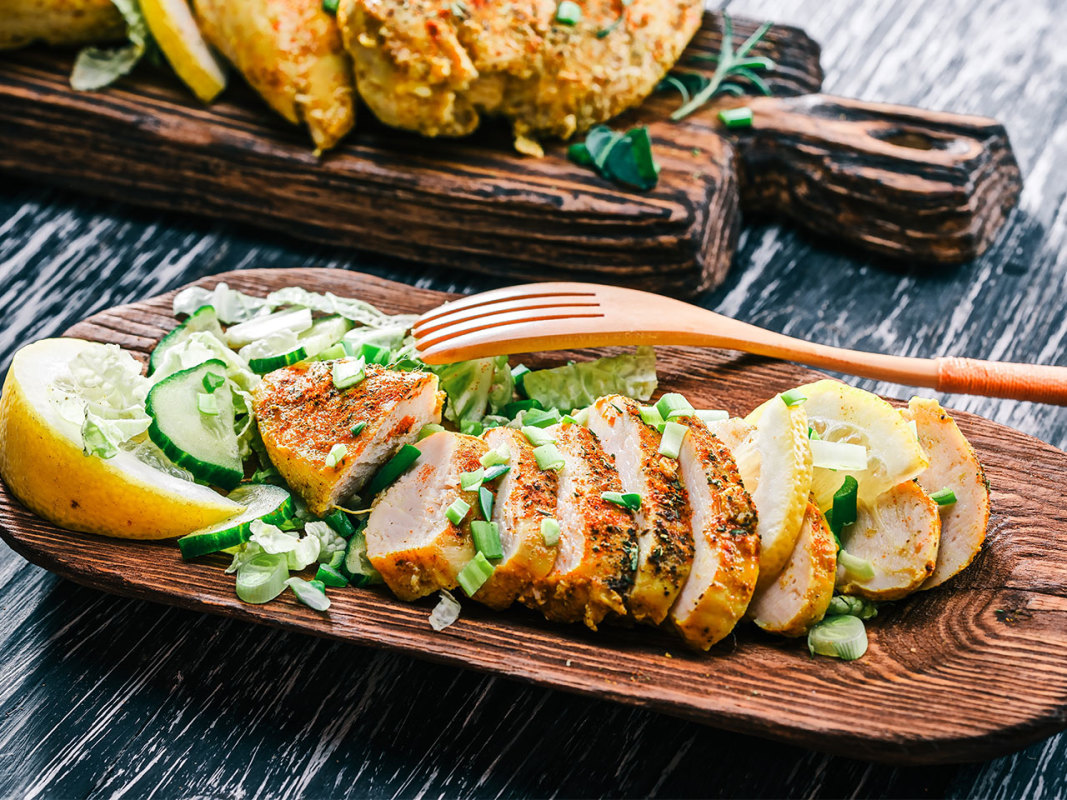
Protein is one of the main building blocks of muscle tissue, so it should be the primary focus of your muscle-building diet. If you want to lose weight and gain muscle fast, aim for 1.5g per pound of your targeted body weight. Always have a form of protein in every meal to ensure muscles are being fueled with amino acids throughout the day and blood sugar levels are stabilized. While you won't gain muscle in only 10 days, studies show that eating a high-protein diet can significantly boost metabolism and increase the number of calories you burn each day. 3. Have a Carb Strategy
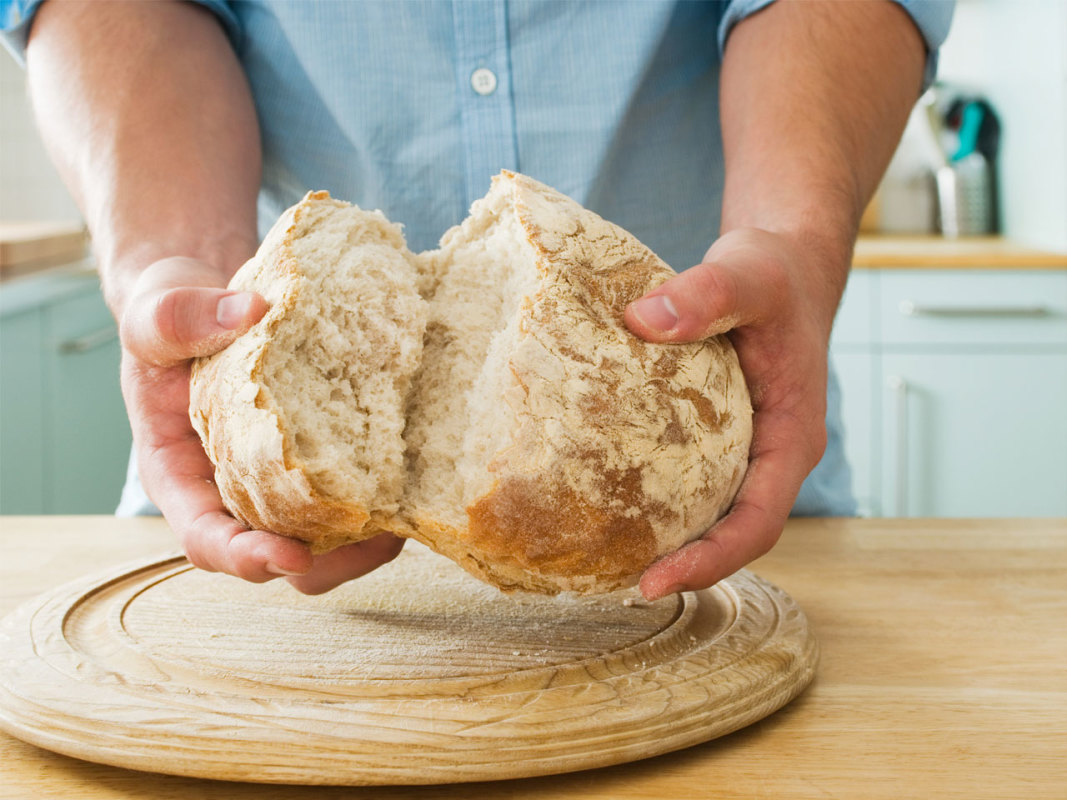
We’ve heard it all before: “Carbs are the enemy.” No, they're not. Completely slashing your carb intake will certainly help with dropping the pounds (and fast), but you’ll also be left feeling cranky, tired, and lethargic.
“Carbs are essential for life as our brain and central nervous system require them to work properly. Forgoing carbs can force your body to metabolize muscle for energy,” says Tim McComsey, R.D., P.T. It all comes down to using carbs correctly, not cutting them completely.
“To get lean, a balance of the right amount of carbs in the morning and post-workout is ideal,” he says. 4. Get Your Stress Levels Under Control
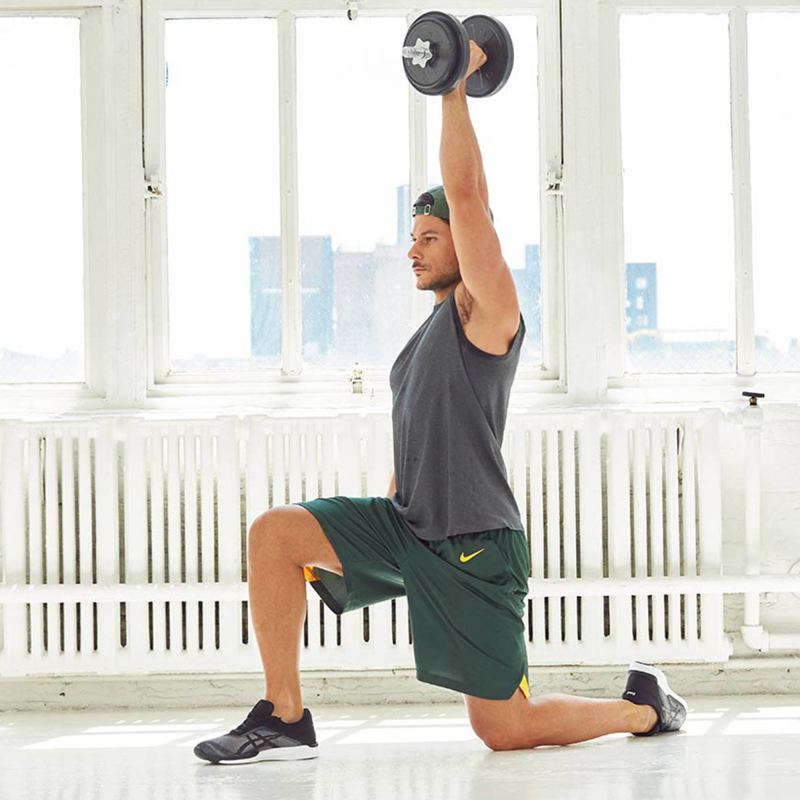
You can't talk about health these days without hearing something about your stress levels. Stress triggers the release of hormones like cortisol, and while this release initially decreases appetite if your stress is continuous it can lead to binge eating and overeating. Research has shown that implementing stress-management tools into your everyday life alongside a calorie deficit can lead to a higher reduction in BMI in overweight individuals. 5. Add HIIT to Your Weekly Workout Routine

If your goal is to burn fat, HIIT workouts better be part of your program. Besides being a quick method to get in a great workout, intervals are extremely effective for transforming your physique. By incorporating intense periods of work with short recovery segments, intervals allow you to keep the workout intensity high while still maintaining form.
The magic of high-intensity interval training lies in its ability to keep you burning fat even after you leave the gym. In short, your body isn’t able to bring in enough oxygen during periods of hard work. Therefore, you accumulate a “debt” of oxygen that must be repaid post-workout in order to get back to normal. The result: Your metabolism is revved for hours after you leave the gym. Getty Images/Kseniya Ovchinnikova6. Skip the Junk
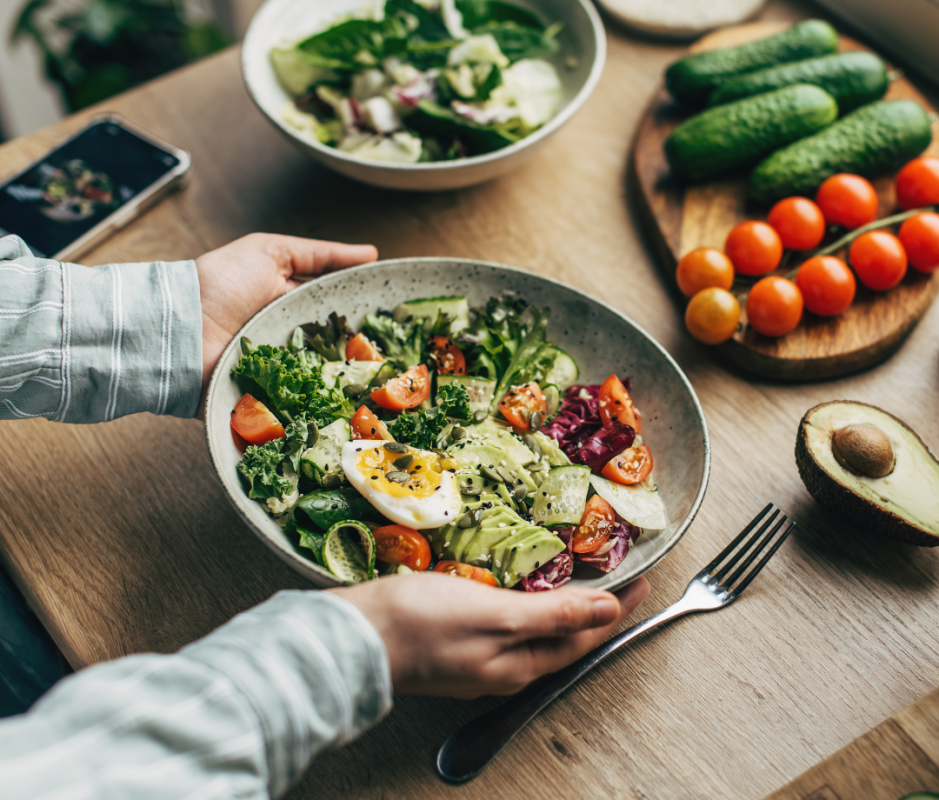
While grabbing gas station snacks on the go at the height of your busy day is tempting, if you're trying to lose your gut fast your best bet is to skip it altogether. Because most packaged foods lack the protein and nutrients you need to stay full you're more likely to overeat than you would if your diet was high in whole foods. Unlike processed junk, whole foods contain fewer calories on average, can help to reduce sugar cravings, are high in soluble fiber which can aid in weight loss, and more.
“I’ve had male clients struggle to hit the 2,000-calorie mark when they’ve cut out all refined foods and eaten only real foods,” says Nate Miyaki, C.S.S.N., a nutrition consultant and author of Feast Your Fat Away. Getty Images/Uwe Krejci7. Up Your Water Intake

If you've ever heard someone say you're not hungry you're just thirsty there may be some truth to their statement. According to the National Kidney Foundation, an estimated 75 percent of Americans are chronically dehydrated.
If you're looking to lose weight (and do so fast) upping your water intake will be one of the foundations of your success. Research shows that when combined with a low-calorie diet, consuming 16 ounces of water prior to each meal can lead to greater weight loss than just a low-calorie diet.
Related: How to Build Muscle Faster If You Want to Transform Your Physique




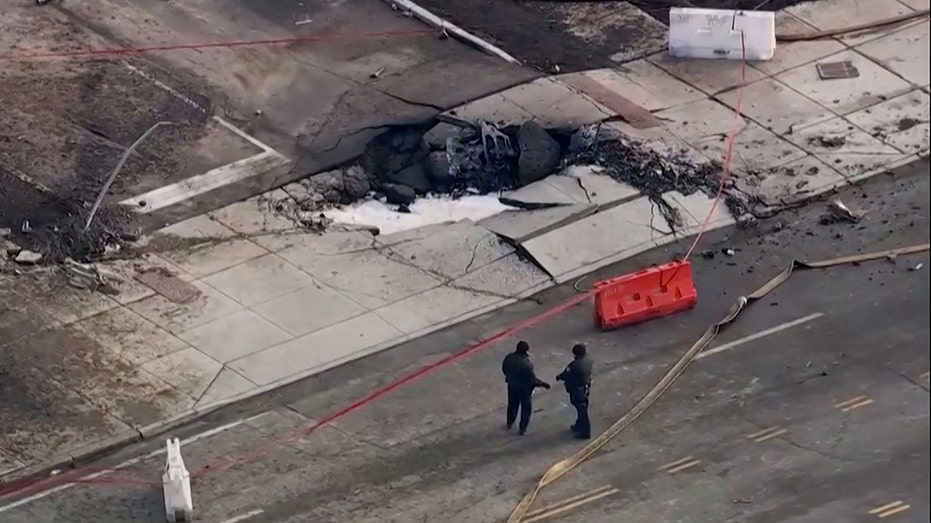

























.png)





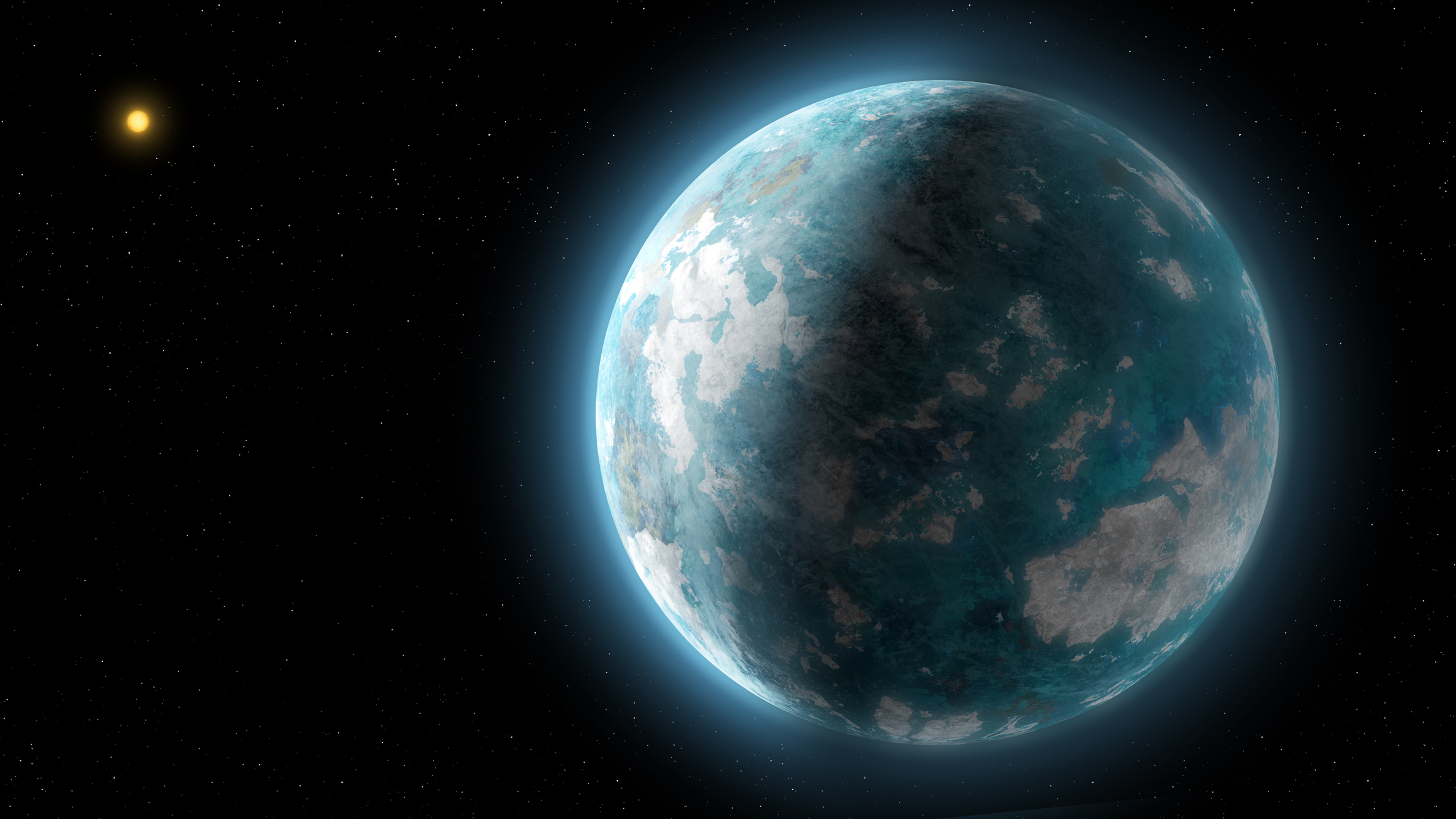




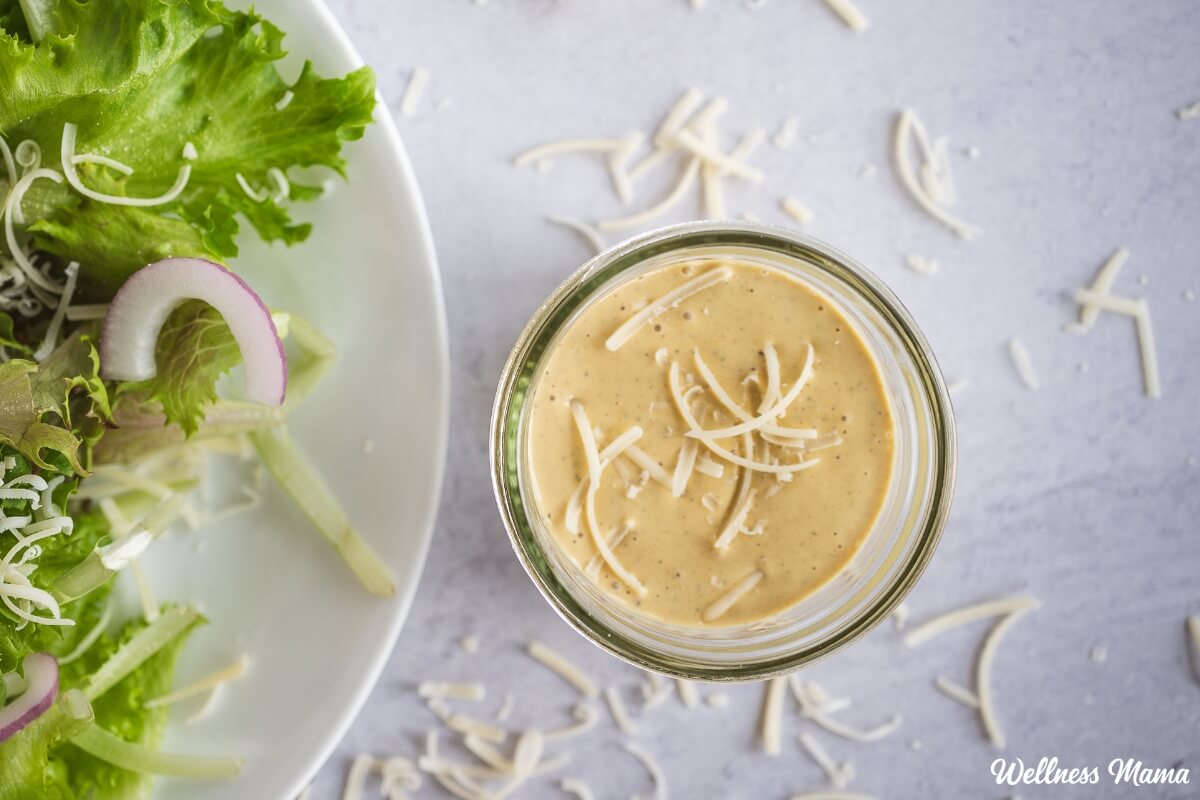










![‘Companion’ Ending Breakdown: Director Drew Hancock Tells All About the Film’s Showdown and Potential Sequel: ‘That’s the Future I Want for [Spoiler]’](https://variety.com/wp-content/uploads/2025/02/MCDCOMP_WB028.jpg?#)























